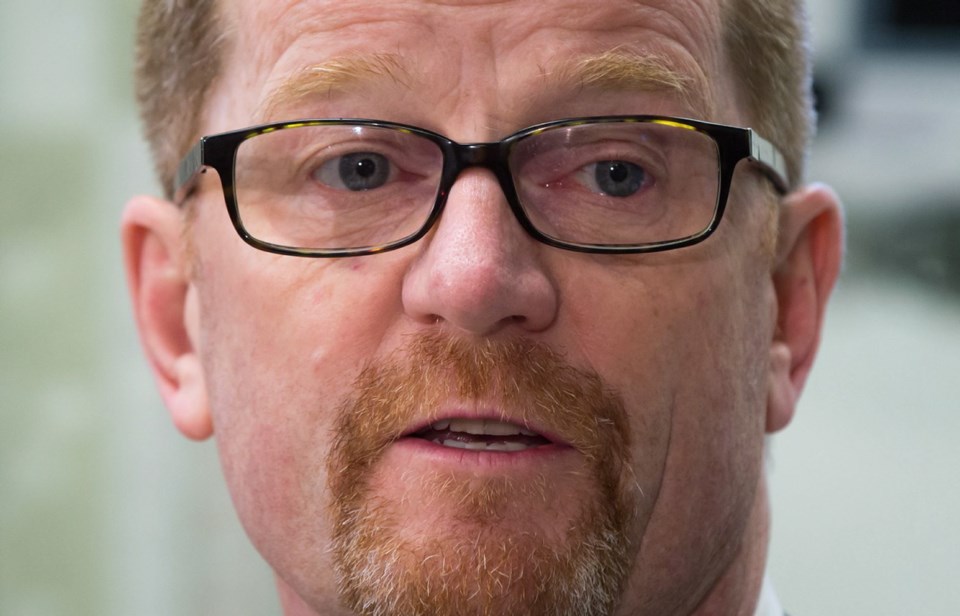B.C. Health Minister Terry Lake announced $2 million toward breast cancer research Thursday, with a goal of customizing treatment to offer personalized cures and improve survival rates.
The disease strikes more than 3,000 British Columbians each year.
The funding will support a five-year, $15-million research program led by Dr. Samuel Aparicio, head of the B.C. Cancer Agency’s breast and molecular oncology.
Aparicio studies the genomes of breast cancer tumours. The genomic information — a genome is an organism’s complete set of DNA — can be used to separate the cancers into subsets. Each subset can benefit from a different type of treatment. Knowing the genomic structure of a patient’s breast cancer allows for more personalized strategies and combinations of therapies.
Susan McLoughlin, who elected to have a mastectomy in 1989 at age 46 for one type of breast cancer, was stunned in 2003 when she discovered a lump in her other breast caused by a more aggressive type of cancer.
“I didn’t even know there were two different types of breast cancer,” said McLoughlin, who had a second mastectomy. “One wasn’t related to the other.”
Malcolm Moore, president of the B.C. Cancer Agency, said Aparicio’s work has fundamentally changed the way we understand breast cancer.
Aparicio’s discovery of the 10 subsets explains why some breast cancers can be treated with surgery, radiation and hormones, while others require a more aggressive approach with chemotherapy, Moore said.
“The critical question that Dr. Aparicio’s research will enlighten us on is how breast cancer changes over time and why it can sometimes be cured by treatments and other times it escapes those treatments and returns — which is a critical question for patients,” Moore said in an interview.
Aparicio’s team aims to better understand the genetics behind the breast cancer tumour by genomically sequencing it at the time of diagnosis and following the evolution of disease.
“If the cancer comes back, he will do the analysis again,” Moore said. “That will allow us to understand how breast cancer changes over time and how we might change treatment over time to keep up with that.”
Work to characterize breast cancer at the beginning of the disease is underway, he said. “This project of tracking it over time is just beginning and will take some years to complete as we follow women with breast cancer over a number of years.”
The money announced Thursday goes to the B.C. Cancer Foundation, the fundraising partner of the B.C. Cancer Agency.
For more information, go to bccancer.bc.ca or bccancerfoundation.com
This story has been edited to correct an error



